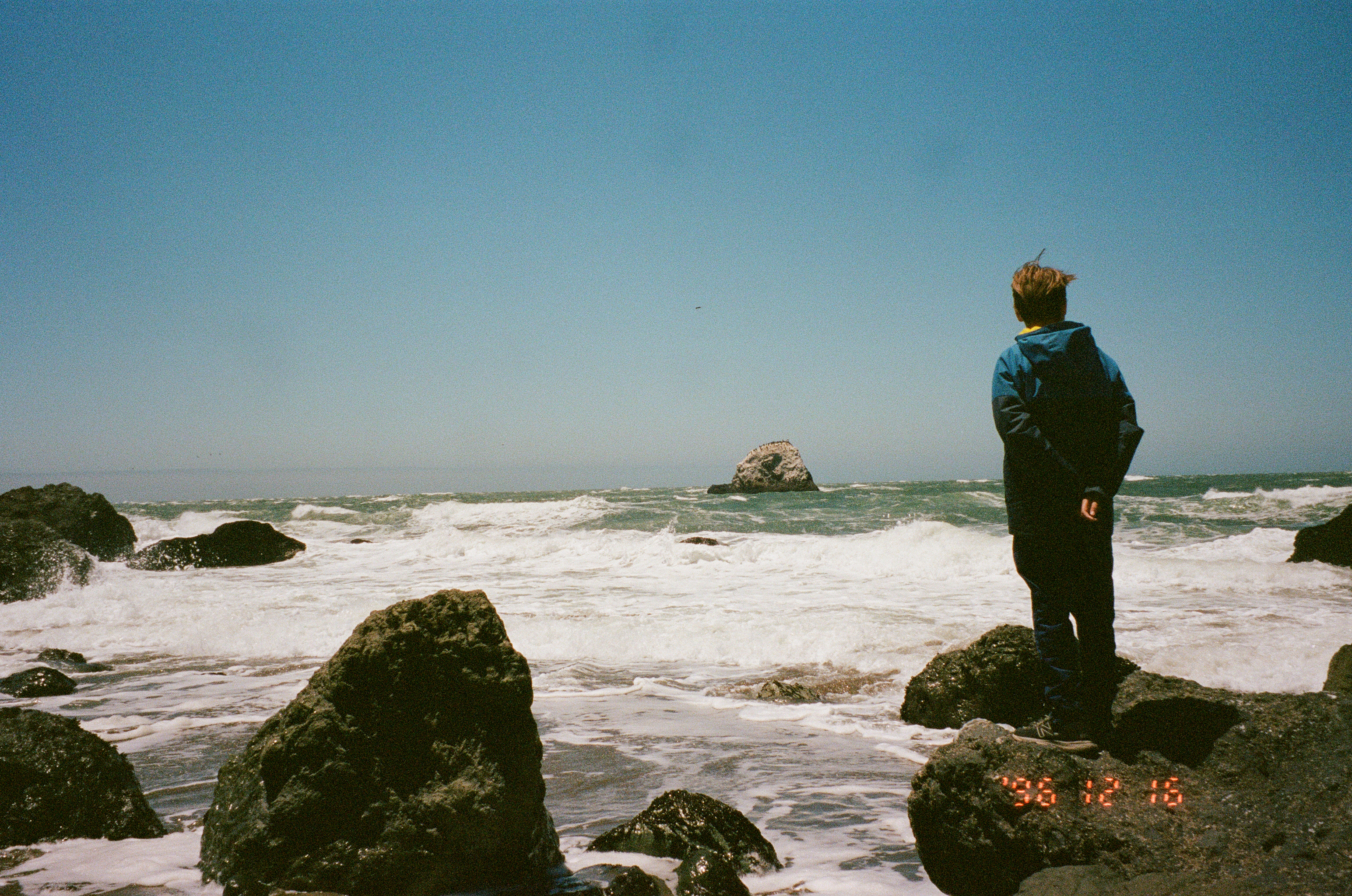Non-Fiction
The Sprouting Struggle

The bells rang. The church was in festivity. There was chanting and warm food. Happiness was brought home. I was born. Serene as the dawn and factual as thunder, love came. The seeds were spread.
The first love was the one that came before me. Mother love. The kind of love that comes before the beloved arrives. Mother is the prophet who prepared the path for her child’s arrival. Her love is the first language we encounter – the first way to decrypt the world. A non-self-centered kind of love. A pelican mother’s love.
Her love was divine because it did not request an answer or suppositions. It was above all transactions and unilateral encounters. Growing from her womb, nurturing me like the seed nurtures the formation of the first leaves and roots. Giving me the inspiration to fly but also to stay. The seeds provide the leaves with their own energy without merits and praises. Free and open. Sufficient and necessary. Without her energy, sprouts would not exist. Love conditions life. A sacrifice free of expectations. A complete germination. Binding of Isaac.
“Love is sacrifice,” a priest once said. That was the first time I related to love with a commonly avoided action. To prepare food, one should first put effort, devote time, and be fully committed. One does not intentionally look for the hard work but accepts it when it comes. That is the cost of love. Loving is building bridges. We indeed need to love ourselves to love others. However, this self-love should be a propeller, not an anchor. Otherwise, it becomes self-seeking. Becomes walls instead of bridges. Just like God gives himself in totally without expectation, so should we. God’s love is Mother’s love. It is a love without claims, chains, or ties. Unconditional. “God is Love”. If God is love, we are transcending our human essence and reaching a divine one when we love. Yet love is purely human, nothing more than the maximum expression of the totality of human nature. Here lies an ontological paradox: to be divine, we only need to be human. But we never figured out how to be human in principle.
I reflected on the pragmatism of love. I questioned myself several times about which boxes to check to ensure I was loving. Talking to friends, we concluded that love can be a feeling, an ethics, an action, a state of mind, or something else. I learned in elementary school philosophy classes that old Greek names love in several ways. Language shapes our perception of reality. And the words shape our perception of love. Storge. Philia. Eros. Philautia. Agape. The latter is to will the good of another, as Aquinas said. Love is a multidimensional entity whose projections are only available in our limited planes. Each type of love forms one of the axes.
Learning about love did not make me love more because love is a daily pledge. M. Scott Peck tells us that love is the will to extend one's self for the purpose of nurturing one's own or another's spiritual growth. It is intentional and pragmatic. We choose to love because it requires a stand of commitment. This does not mean love is orthodox, but it should be the unrestrained expression of human freedom or the full manifestation of its political being. We do not love because we should love but because we claim it. Love is a human right.
Love brings back one’s humanity by reconnecting one to another. “Religion” comes from Latin as “to bind together.” And love is that conjunction that makes you and me become us, restoring what was once broken. Only we can intentionally create the earthly paradise.
The lack of love is hell. For Fyodor Dostoevsky, hell is the suffering of being unable to love, and only love can establish the broken bond between earth and heaven. Paradise is loving. Once we do it, we finally see the serenity was restored, just like the sky after the deluge. Or the plant after the sprouting struggle. After the preparation of the feast, we can finally delight ourselves. We can ultimately bloom.
Nothing was in vain. Neither the ring. Nor the chants. I was ready to leave because I knew I would be able to remain.
Love came without notice and stayed with our consent.

